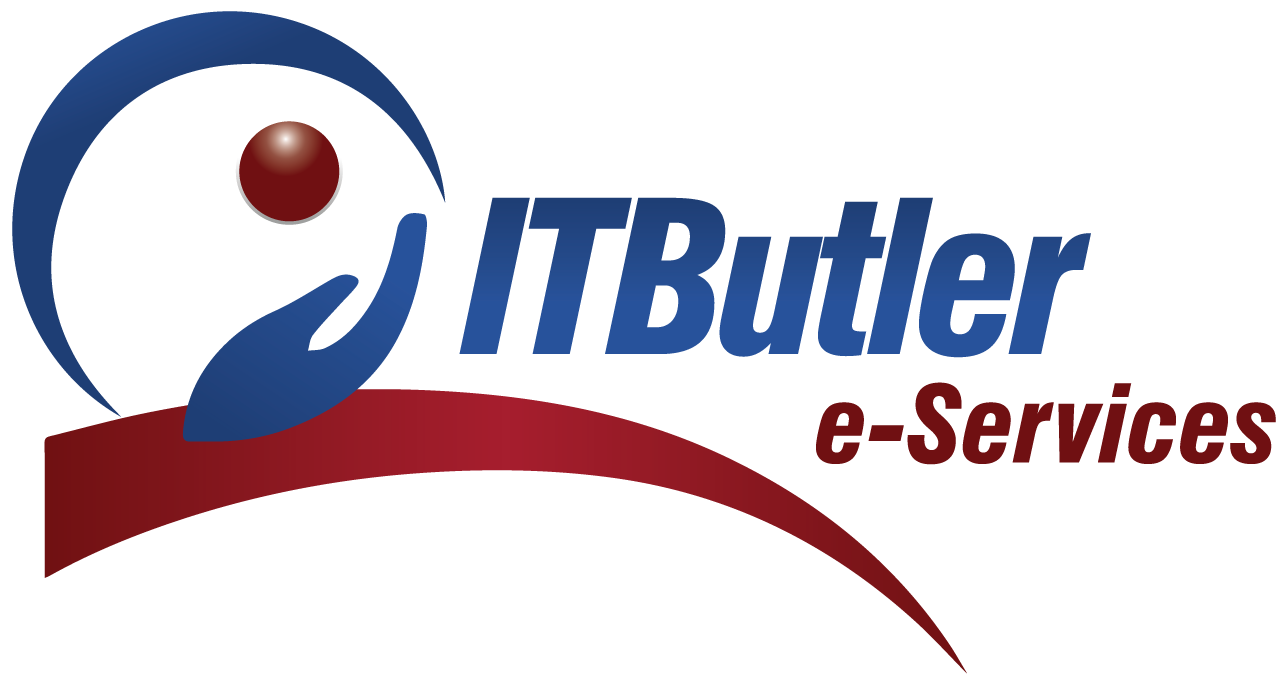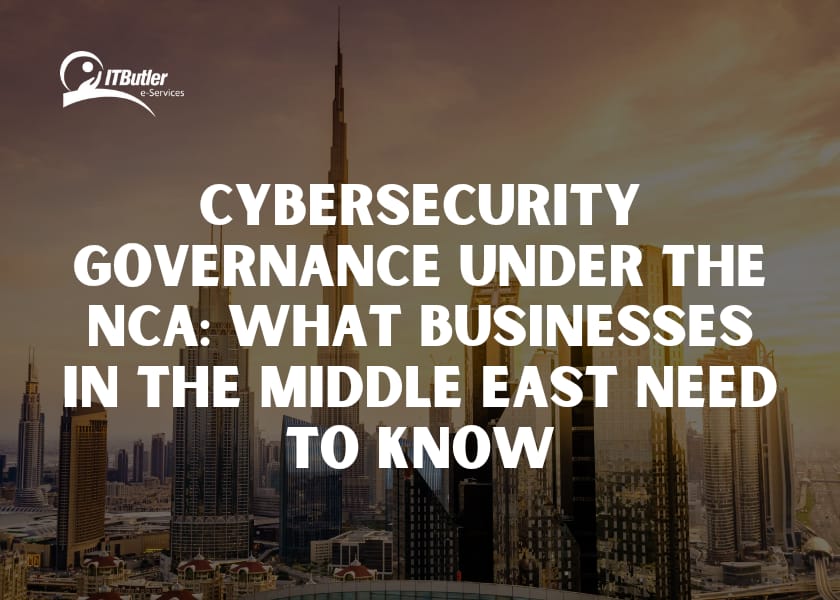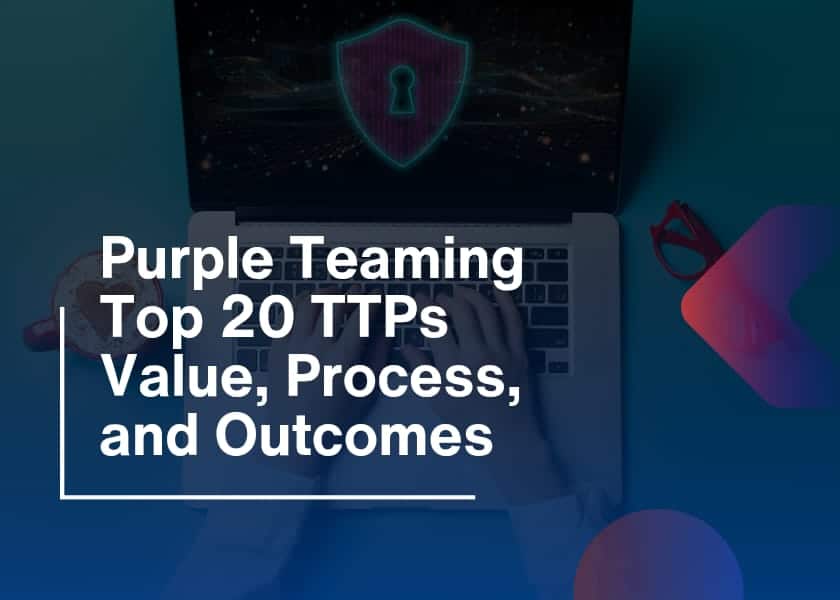As the digitization of Middle Eastern firms increases, so does the threat level of cybersecurity. In this regard, NCA has found some tips for organizations to prevent themselves from falling victim to such threats. So, what does this mean for you as a business leader? How do you know if your organization is meeting NCA cybersecurity governance? So, that’s where this blog starts, keeping focus on compliance, risk management, and the need-to-know regulations.
What is NCA Cybersecurity Governance?
The NCA cybersecurity governance has a framework that helps to prevent cyber threats in the digital infrastructure of the country. Thus, there’s a set of rules for businesses to minimize cyber risks and comply with local cybersecurity laws. However, non-compliance can cause a fine or damage to your reputation. Hence, following these rules has become vital for businesses operating in the Middle East.
Importance of NCA Guidelines for Middle Eastern Businesses
Middle East states are also starting to demonstrate an increase in the volume of cyberattacks, targeted specifically financial oil, gas, and healthcare sectors. Yet, these attacks can lead to financial losses, and business disruption and cause damage for a long time. Therefore National Cybersecurity Authority NCA has such importance in Cybersecurity Governance.
Operate in light of emerging cyber threats – Compliance with the NCA guidance ultimately gives a smaller and diminished chance of becoming exposed to these threats.
Compliance with regulatory standards: The NCA will ensure business adherence to local and global cybersecurity protocols. They avoid imprisonment.
Enhanced business credibility: Clients and partners will trust more in the services provided by the businesses aligning with cybersecurity governance.

Key Elements of NCA Cybersecurity Governance
Following are a few of the specs needed to be followed by Middle-East businesses while adopting NCA cybersecurity governance:
1. Risk Management
Risk management consists of identification, assessment, and finally mitigation of threats to an organization’s data & systems. Further, Companies have to evaluate their exposure to NCA regularly. This is because it helps you to prepare an action plan against cyber threats even before they become apparent.
A good risk management framework also ensures businesses do not just act but are actively preventing the threats. Thus, It also allows companies to focus their resources on the most critical areas.
Here is a short guide to which you should pay heed!
- Identify vulnerabilities
- Assess potential impact
- Create action plans
2. Cyber Compliance
Organizations have to follow a set of rules and policies to meet the NCA’s governance on Cybersecurity. But before going into more detail, let’s discuss what cyber compliance is. It is compliant with the laws and regulations of cybersecurity.
Further, this means undergoing regular audits for Middle Eastern businesses and educating employees on security practices.
How to be cyber compliant:
- Secure and Strong Passwords
- New Secure method of Two Step verification to secure your most important data
- Make it a Habit to Update Your Software
3. Incident Response Planning
An attack never occurs without prior notice. Hence, having a well-planned incident response plan is important. According to the NCA, businesses must have a backup plan and update it regularly. This means businesses need to know how to react when the attack occurs or whom to contact.
Moreover, incident response planning is a proactive measure to limit the damage of an attack. But as far as its importance is concerned, you can imagine that it can cause financial and reputational damage. So, brands have to be active in this regard.
Your incident response plan must have:
- Per-person Roles and responsibilities
- Backup system
- Reviews after the incident to improve your service
4. Continuous Monitoring
Due to the rise of technology, digital attacks are common nowadays. So, to keep your sensitive information safe you should monitor your systems regularly for breaches. In this way, you’ll be able to detect any abnormal and suspicious activity even before it could cause any damage.
But how will you be able to detect your system daily for threats? However, various tools exist in the market like firewalls, anti-malware software, and intrusion detection systems. These tools reduce the human workload and increase work efficiency. Thus, the NCA is guiding businesses to invest in these tools.
Continuous monitoring includes:
- 24/7 system monitoring
- Use of Threat Detection Software
Common Cybersecurity Risks for Middle Eastern Businesses
So, what are the major risks to which businesses came across? Let’s discuss cybersecurity threats to Middle Eastern businesses and how to solve them.
1. Phishing Attacks
Phishing attacks occur when hackers try to steal sensitive information such as passwords or credit card details. However, hackers use various illegal ways to do so, such as sending legitimate emails or spam links.
But how can you overcome such a terrifying situation? For this, you have to train your employees so that they can figure out the spam links. Moreover, integrate email filtering software which will delete all those spam emails that can cause you reputational damage.
2. Ransomware
Ransomware is also a type of malware technique used by hackers. However, they block your access to your data with this attack. In return, you have to pay them a certain amount of money to regain access. Moreover, it can cause the loss of financial and valuable data of a brand.
For example, a retail business lost millions of dollars due to this ransomware attack. But how can you protect your business? With NCA guidelines, they help you to secure your system in such a way that you never get trapped.
3. Insider Threats
This type of threat isn’t caused by cybercriminals instead, your own former or current employees do so. But why do they do so? However, it can be any reason from office politics to personal grudges.
Therefore, limit access to sensitive information of your company. Only let the trustworthy employees handle the core data. Moreover, conduct regular audits to know if you are complying with standards and policies.
How Businesses Can Stay Compliant with NCA Cybersecurity Governance?
However, here are the simple steps that the brand needs to follow to stay compliant:
- Audits your System Regularly
- Train your Employees
- Use of the right software and tools
- Work with Experts in the market
What is the Role of Technology in Enhancing Cybersecurity Governance?
Technology with traditional methods has enhanced work efficiency. Therefore, the use of technological tools and software helps businesses to stay compliant. Thus, ultimately reducing the human workload. For example, the use of security information and event management (SIEM) systems by organizations for detecting abnormal activities has been a blessing in curse.
Moreover, automated solutions lead to threat detection 24/7 without any interval breaks. Consequently, the use of technology can reduce the workload on your IT teams with greater efficiency.
Conclusion
As a result, NCA cybersecurity governance isn’t just a set of regulations and policies. Instead, it’s a weapon to protect your business from threats in the Middle East. Moreover, organizations can comprehend and enforce the NCA’s requirements to handle cyber threats and attain compliance.
Cybersecurity in this modern world writes a success story for any of the liable businesses. So, act now to improve your cybersecurity governance and be ready for the foreseeable challenges.





